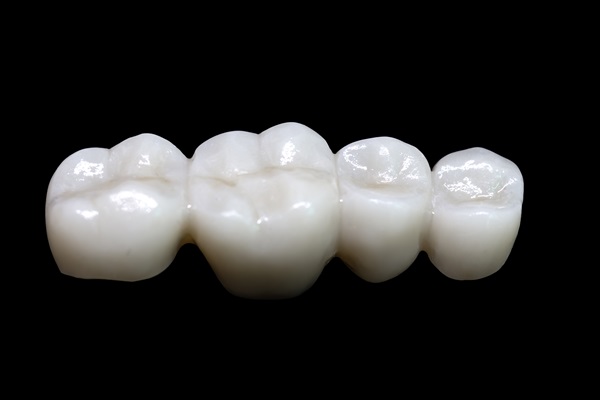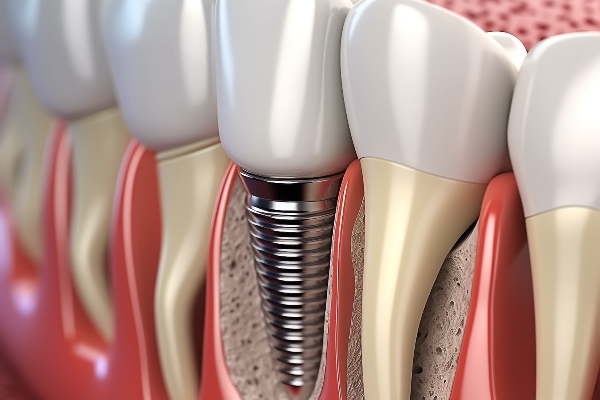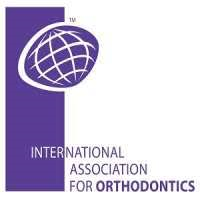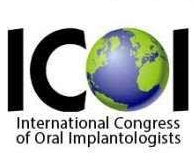Prevent Cavities With a Routine Dental Exam

Good oral habits include a dental exam once every six months. These routine checks are useful tools that help your dentist to keep tabs on your oral health. They help to prevent a range of dental problems, from cavities to tooth decay to gum disease.
The oral health benefits of a dental exam
Dental exams allow for monitoring and early detection of issues that affect the teeth and gums. Routine dental checkups are also a great way to keep tabs on the rest of the oral cavity and the structures around it.
Dentists can use checkups to catch and reverse problems in their earliest stages. The happy result is that patients get the motivation they need to keep their teeth healthy in between dental visits. This limits patient sessions in the dentist’s chair to exams and minor, preventative procedures. Here is how a routine dental exam can prevent cavities.
1. Dentists use routine dental checks to evaluate their patients' oral hygiene
Cavities start as white spots on the enamel. When a dentist spots this type of development, they will quiz their patient on their oral hygiene. The dentist will walk their patient through the ideal oral hygiene routine, complete with instructions for brushing, flossing, and diet.
Routine dental checkups are useful for the information that the patient gains during their visit. The dentist will advise their patient on how to up their fluoride intake. They will recommend products that strengthen the teeth while controlling harmful mouth bacteria.
2. Routine checkups can catch cavities in their infancy
The good news is that cavities that are still in the demineralization phase are easy to deal with. At this stage, the dentist can reverse a cavity with fluoride treatments that replace the minerals lost to demineralization. A super small cavity is also easy to reverse with cleaning, a fluoride treatment, and a small filling. The procedure is painless due to the small size of the cavity.
3. Cleaning prevents cavities
Teeth cleaning serves to remove tartar and plaque that accumulates in hard-to-reach recesses of the mouth. Removing the buildup removes the staging area that harmful bacteria use to attack the enamel. Cleaning is also a good opportunity for the patient to learn about ways to improve their oral hygiene.
4. Fluoride treatments and sealants protect the enamel, preventing cavities
The last stage of professional teeth cleaning is the application of fluoride treatment and dental sealant. Both these measures serve to strengthen the enamel and protect it from bacterial attack.
Add a dental checkup to your schedule today
Has it been more than six months since you visited a dentist for a routine dental exam? If the answer is yes, you can fix that right now. Get in touch with our office to set up an appointment with our experienced dentist.
The dentist will be happy to check on every aspect of your dental and oral health. They will give you useful pointers to help with your oral habits until your next appointment. All these are great reasons to make us an entry in your diary.
Request an appointment here: https://www.thegalleryofsmiles.com or call Midtown Dental - The Gallery of Smiles at (713) 979-4127 for an appointment in our Houston office.
Check out what others are saying about our dental services on Yelp: Dental Cleaning and Examinations in Houston, TX.
Recent Posts
If you need to get your teeth cleaned regularly, you probably know that the dental cleaning process itself isn’t exactly fun. Still, it’s worth enduring these uncomfortable moments in order to protect your smile and keep your mouth clean and healthy. If you’re getting your teeth cleaned regularly or if you just want to learn…
A routine dental exam can help prevent dental cavities by detecting the early signs of enamel decay. If necessary, the dentist can take action to strengthen enamel so a cavity does not develop during a routine dental exam. This article provides a more in-depth review of the purpose and benefits of regular dental visits for…
Dentists advise every one of all ages to get a Dental Checkup twice a year, at the minimum. However, despite this recommendation, not everyone actually undergoes check-ups this frequently, which can be risky. While most people believe that at-home oral hygiene is enough to maintain good health, that is far from true. It is necessary…
When it comes to preventive dental care, the approach is two-fold. First, it involves going to the dentist for regular checkups and performing any recommended follow-up treatment. Second, good oral health habits are crucial for keeping the body in good working order. For people living with chronic conditions such as diabetes and osteoporosis, keeping up…










